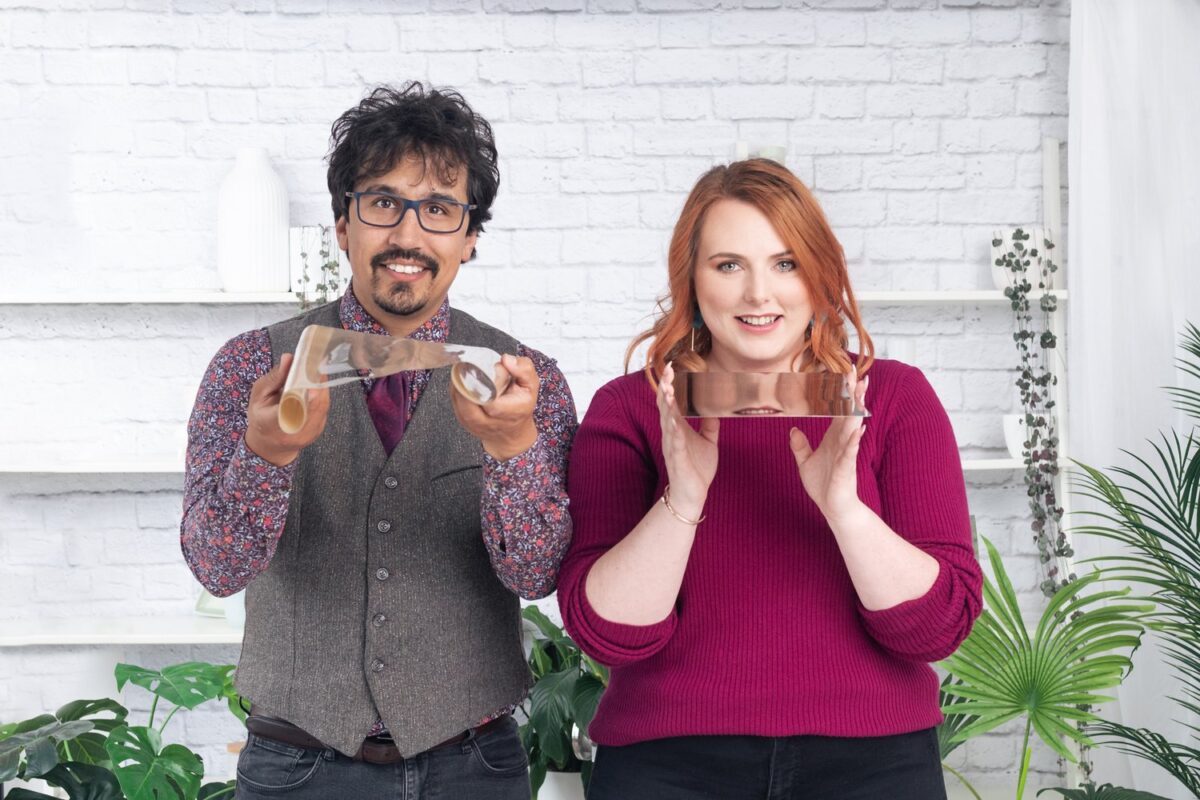The New Zealand startup, named Bspkl, claims it has already manufactured its catalyst coated membrane products, a component of hydrogen electrolysers, at a commercial scale. Now, with funding from the seed round, the company is hoping to fully commercialise its product over the coming year.
Precious metals like iridium and platinum are typically used in hydrogen electrolyser membranes to maximise output – an expensive and resource-intensive practice. Bspkl says its technology cuts the amount of iridium and platinum needed for electrolysis by 25x, stating loading levels of 0.089 mg/cm2 of iridium and 0.122 mg/cm2 for platinum group metal catalysts.
“We’ve cracked the iridium problem and we know how to manufacture it at scale, we are excited to bring this product to the electrolyser manufacturing market,” Bspkl cofounder and CEO, Christina Houlihan, said.
The startup is a spinout from crown research institute GNS Science. The technology was invented by Jérôme Leveneur while he was an employee at GNS and has reportedly been in development for nearly 10 years.
Leveneur is now Chief Technology Officer (CTO) at Bspkl – which will continue to collaborate and conduct research with GNS Science as it commercialises.
According to Bspkl’s website, its technology is both catalyst and membrane “agnostic” and can be applied as a catalyst layer to any membrane material, “so long as it comes in a dry, roll format.”
The startup is currently focusing on polymer electrolyte membrane (PEM) electrolysis, though it says it plans to expand into anion exchange membrane (AEM) electrolysis, hydrogen fuel cells and other related technologies “in the near future.”
Bspkl’s recent seed funding round was led by New Zealand technology investor WNT Ventures and supported by Australian venture capital firm Investible. It also attracted a NZD 750,000 ($690,000) repayable grant from Callaghan Innovation’s Technology Incubator Program.
This content is protected by copyright and may not be reused. If you want to cooperate with us and would like to reuse some of our content, please contact: editors@pv-magazine.com.









By submitting this form you agree to pv magazine using your data for the purposes of publishing your comment.
Your personal data will only be disclosed or otherwise transmitted to third parties for the purposes of spam filtering or if this is necessary for technical maintenance of the website. Any other transfer to third parties will not take place unless this is justified on the basis of applicable data protection regulations or if pv magazine is legally obliged to do so.
You may revoke this consent at any time with effect for the future, in which case your personal data will be deleted immediately. Otherwise, your data will be deleted if pv magazine has processed your request or the purpose of data storage is fulfilled.
Further information on data privacy can be found in our Data Protection Policy.